In a quiet corner of East London, an unassuming restaurant has been making waves with its radical approach to food waste. The brainchild of two former supermarket employees, "Scraps Kitchen" has turned the concept of fine dining on its head by creating gourmet meals exclusively from ingredients that would otherwise have been discarded. Their secret? A steady supply of perfectly edible but nearly expired goods from local supermarkets.
The founders, Jamie Whitfield and Sarah Chen, met while working night shifts at a large grocery chain. "We'd see entire pallets of food being thrown out simply because they reached their 'best before' dates," Whitfield recalls, shaking his head. "Meanwhile, people were going hungry just blocks away." This daily frustration sparked an idea that would eventually blossom into their thriving establishment.
How it works: Each morning before dawn, Whitfield visits participating supermarkets to collect items approaching their expiration. "We get everything from slightly bruised vegetables to day-old bread to dairy products with looming sell-by dates," he explains. Back at the restaurant, Chen and her team of chefs work culinary magic, transforming these "rescued" ingredients into stunning three-course meals that change daily based on what's available.
The menu might feature a starter of roasted beetroot and goat cheese tart made from vegetables deemed too oddly shaped for supermarket displays, followed by a main of pan-seared salmon fillets that were pulled from shelves due to approaching dates. Desserts often include inventive creations using overripe fruits that would typically be discarded. "Bananas with brown spots make the best banana bread," Chen notes with a grin.
What began as a pop-up experiment has grown into a full-fledged movement. Scraps Kitchen now boasts a three-month waiting list for dinner reservations and has inspired similar ventures across the UK. Their success highlights a growing public awareness about food waste - a staggering 9.5 million tonnes of food are wasted annually in the UK alone, according to recent government statistics.
The environmental impact of this model cannot be overstated. By diverting food from landfills, Scraps Kitchen significantly reduces methane emissions associated with decomposing organic matter. They've calculated that in their first year of operation, they prevented approximately 18 tonnes of food waste - equivalent to the weight of three adult elephants.
Customers aren't just coming for the environmental benefits; the food itself has earned critical acclaim. The restaurant recently received a glowing review from a prominent food critic who praised their "astonishing ability to create harmony from what others see as chaos." Many diners report being unable to tell the difference between dishes made from "rescued" ingredients and those prepared with conventional supermarket fare.
Of course, operating this way presents unique challenges. "You have to be incredibly flexible and creative," Chen admits. "Some days we'll get twenty kilograms of sweet potatoes and have to figure out how to use them all before they go bad." The kitchen team maintains an ever-growing recipe database to accommodate sudden ingredient windfalls.
The financial model works surprisingly well. Because their ingredients are donated or purchased at steep discounts, Scraps Kitchen can offer high-quality meals at about 30% below typical London restaurant prices. They've struck agreements with six major supermarket chains who see the partnership as both a waste-reduction strategy and positive PR.
Perhaps most inspiring is the restaurant's outreach program. Every Sunday, they convert their space into a free cooking school, teaching locals how to make the most of imperfect or nearly expired foods. "We're not just feeding people," Whitfield emphasizes. "We're teaching them how to feed themselves sustainably."
As word spreads, the founders have been approached by investors interested in franchising the concept. While flattered, they remain cautious. "This works because of the relationships we've built with local suppliers," Chen explains. "You can't just cookie-cutter that." Instead, they're focusing on creating a comprehensive guide to help others establish similar ventures in their own communities.
The phenomenon has caught the attention of policymakers. Several members of Parliament have visited the restaurant, sparking discussions about potential legislation to make it easier for businesses to donate soon-to-expire foods. Currently, liability concerns prevent many supermarkets from participating in such programs.
Looking ahead, the team dreams of expanding their model to include a catering service and possibly a line of packaged foods made from rescued ingredients. "We've barely scratched the surface of what's possible," Whitfield says, surveying the bustling dining room. "Every meal we serve proves that one person's trash can truly be another's treasure."
In a world increasingly concerned with sustainability, Scraps Kitchen offers more than just good food - it provides a blueprint for how we might rethink our relationship with consumption and waste. Their success suggests that environmental consciousness and culinary excellence need not be mutually exclusive, and that sometimes, the most innovative solutions come from simply seeing value where others see none.

By Amanda Phillips/Apr 10, 2025
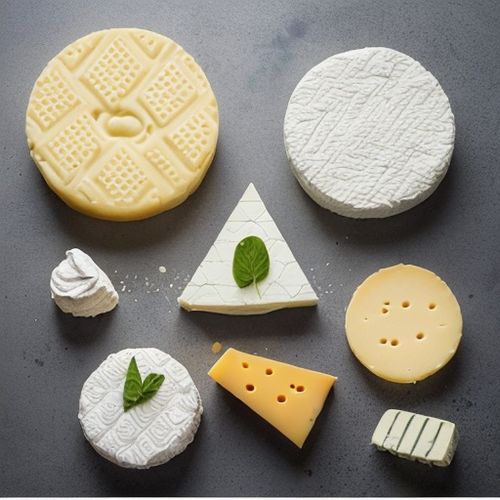
By Rebecca Stewart/Apr 10, 2025
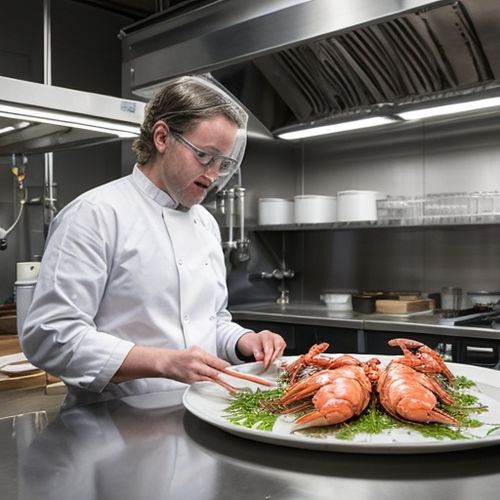
By Emma Thompson/Apr 10, 2025
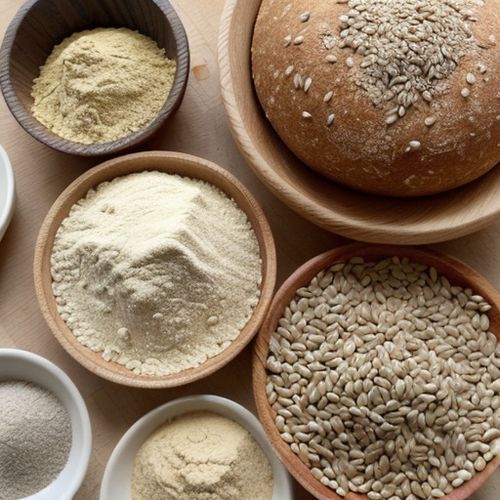
By James Moore/Apr 10, 2025

By Samuel Cooper/Apr 10, 2025

By Elizabeth Taylor/Apr 10, 2025

By Rebecca Stewart/Apr 10, 2025
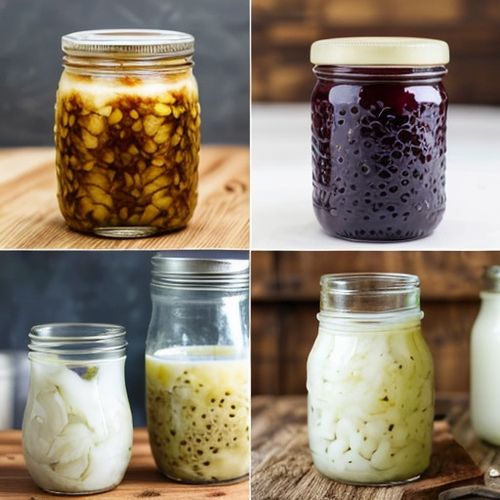
By John Smith/Apr 10, 2025
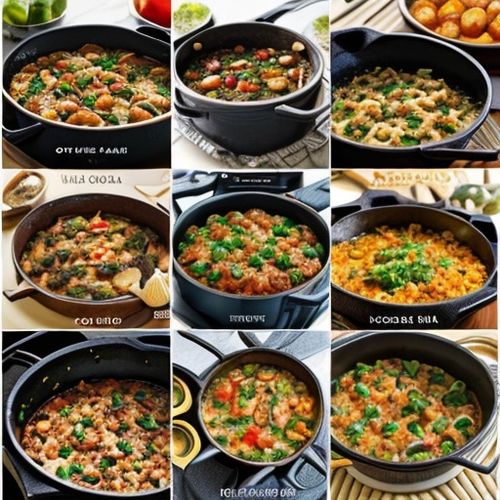
By Michael Brown/Apr 10, 2025
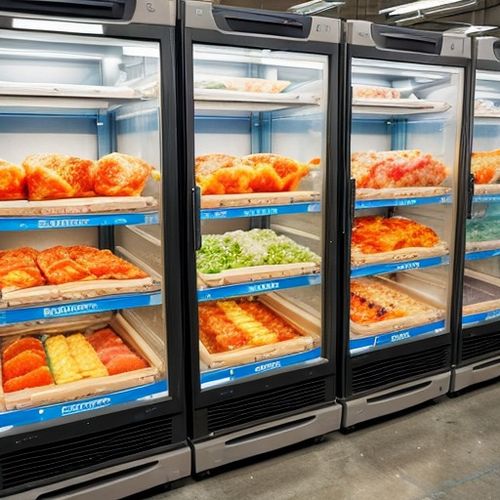
By Emma Thompson/Apr 10, 2025
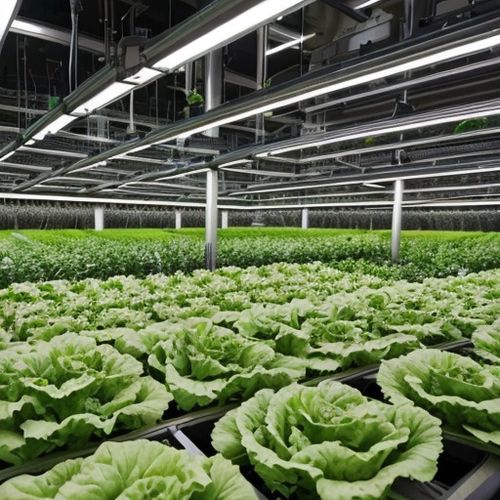
By Elizabeth Taylor/Apr 9, 2025

By Christopher Harris/Apr 9, 2025

By David Anderson/Apr 9, 2025
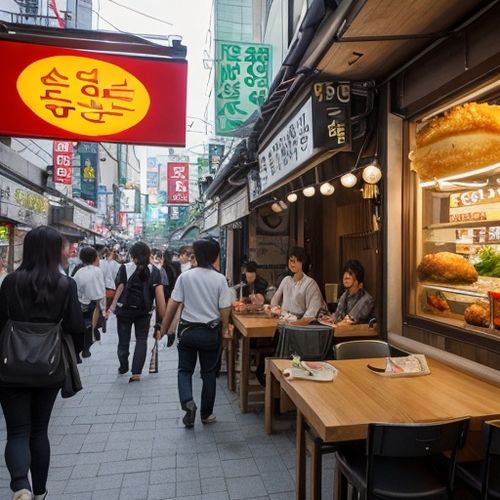
By Joshua Howard/Apr 9, 2025
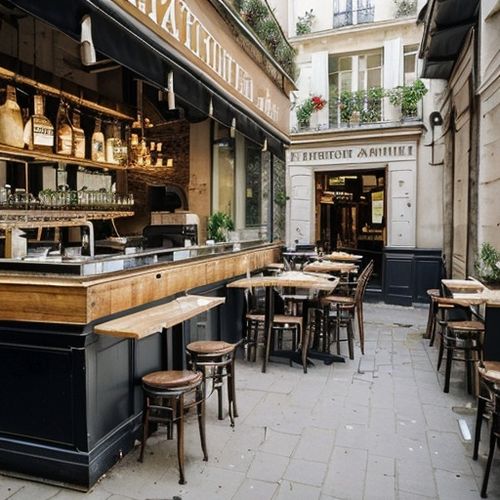
By Emily Johnson/Apr 9, 2025
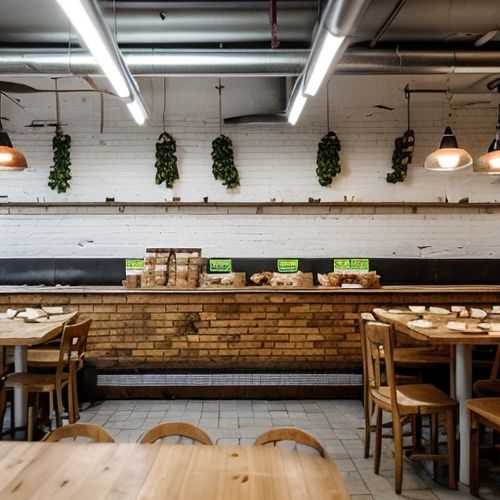
By John Smith/Apr 9, 2025
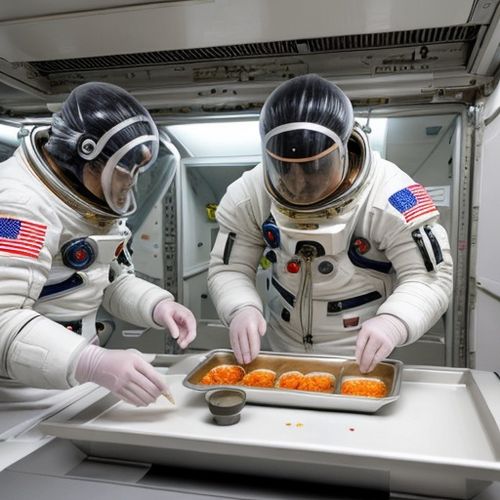
By Lily Simpson/Apr 9, 2025
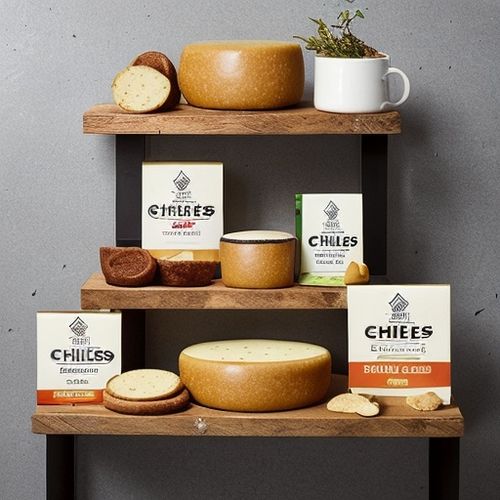
By Lily Simpson/Apr 9, 2025